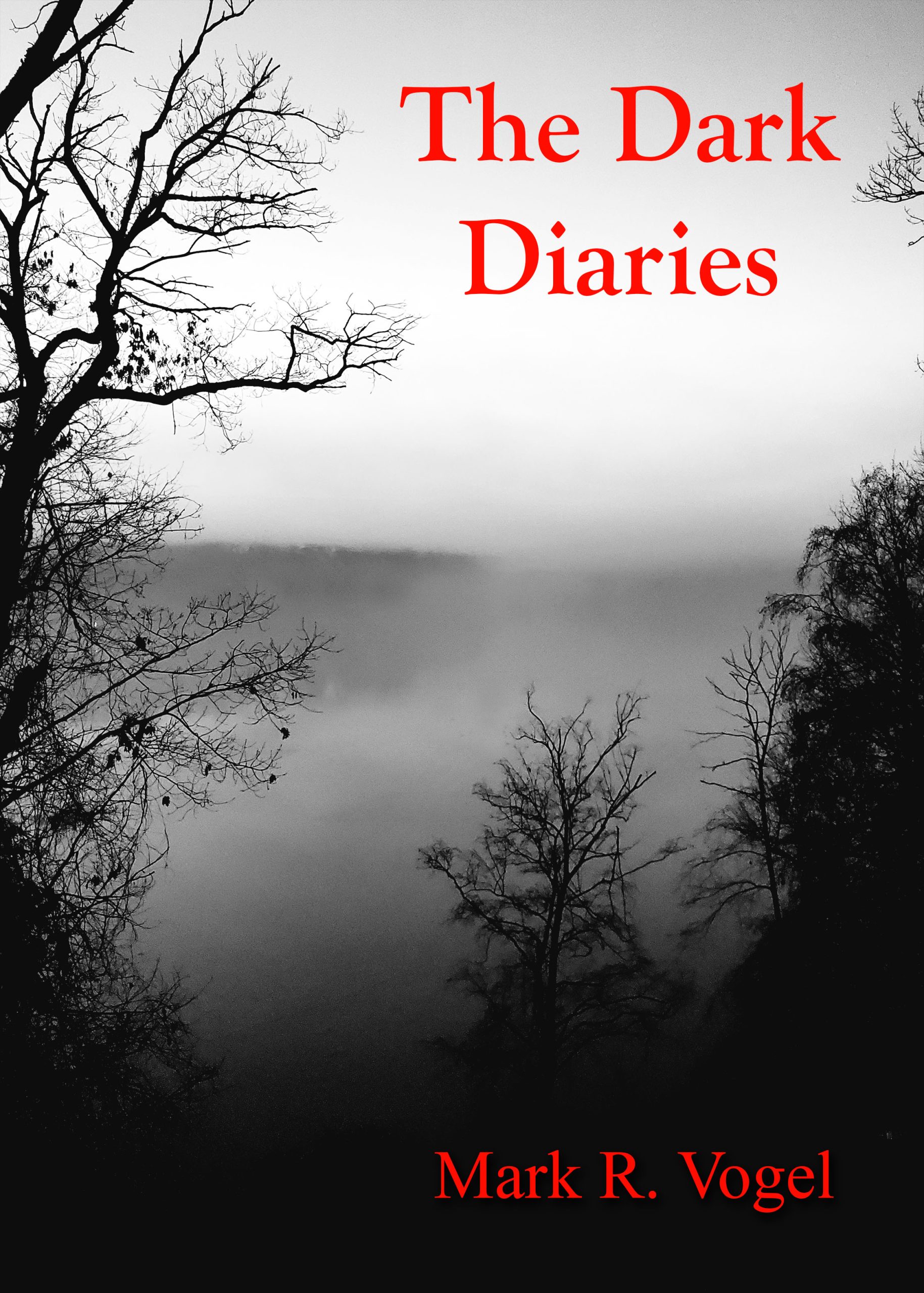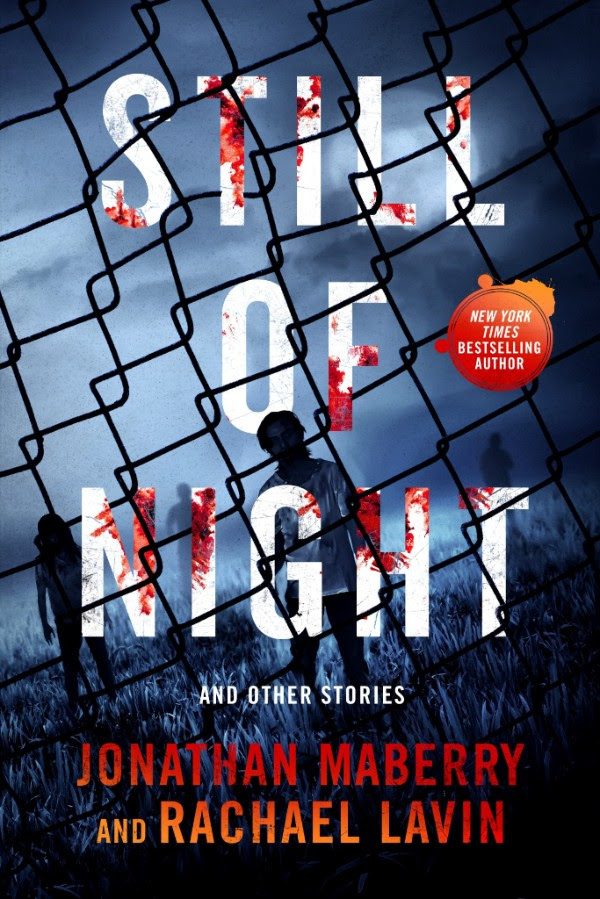Well, it’s been a long time. I know you’ve missed me – what? You didn’t realize I’ve been away? Oh, thanks a lot. You guys are real pals.
The eleventh interruptee is a relatively new author, Arkansan John Hornor Jacobs. John is the author of SOUTHERN GODS, just out from Night Shade Press, and THIS DARK EARTH, to be released by Simon & Schuster in 2012. I had the privilege to read SOUTHERN GODS in an earlier form three years ago, and have spent time since telling people about this great book they couldn’t read. Now everyone can, and should. John sat down to answer a few questions for us.
– You have a new novel out from Night Shade Books called SOUTHERN GODS. I know you’re dying to tell us about it, so go ahead.
Southern Gods is my first published novel and one I’m very proud of since I never thought it would see print and would end up in the proverbial trunk. I wrote it in late 2007 and early 2008 and the things I was interested in at the time heavily influenced the writing of it: Alan Lomax’s recordings for the Library of Congress, Robert Chambers “The King in Yellow,” the history of blues (and rock-n-roll) in the South and, more specifically, Memphis and eastern Arkansas – my stomping grounds – and the post WWII Chandler-esque noir hero.
In general, Southern Gods is a mash up of crime noir, Southern Gothic, and Lovecraftian cosmic horror. More specifically, it’s the story of a man named Bull Ingram – a shell-shocked WWII vet, bruiser and ne’er-do-well – who is hired by a record label executive (loosely based on Sam Phillips of Sun Studios fame) to find his missing payola agent. This search, in turn, leads to a hunt for a mysterious bluesman named Ramblin’ John Hastur whose music reputedly causes insanity, raises the dead. That’s the crime noir thread.
The other facet of the novel is the story of Sarah Rheinhart, fleeing an abusive marriage, coming home to the family plantation with her daughter, Franny, and doing her damndest to find some sort of normalcy in a life that’s been turned upside down. She has the misfortune of browsing in the family library and discovering a book called the Opusculis Noctis that she shouldn’t be there. And that’s the Southern Gothic thread of Southern Gods.
Eventually Bull and Sarah’s individual stories meet and intertwine.
– Everyone knows Southern men are naturally good-looking and charming, and they also seem to be natural storytellers. What do you think it is about the hot, humid South that causes this?
Huh. I’m trying to figure out what you might want from me…oh, wait. You’re from Alabama, aren’t you? That explains it.
Well, my fellow Southerner, I think men and women of the south make good storytellers for a few reasons. First, we have a long and revered oral tradition of tales, hunting stories, jokes, anecdotes, and fables, probably due to our low literacy rates. And those of us who do manage to learn to read want to show all the peckerwoods how much edumacation we got by writin’ them stories down.
Joking aside, I think part of the South’s literary tradition springs from our oral storytelling traditions, the folktales, the family tales. I think certain literary figures loom very large and leave lasting impact on other southerners who fall underneath their shadows; William Faulkner, Flannery O’Connor, Walker Percy (Senior AND Junior), Robert Penn Warren, Eudora Welty, James Dickey, Harper Lee… shit, the list goes on and on. These legends assume great and formative stature in the minds of most of the literary Southerners. And maybe we, collectively, want to add our voices to that rarified chorus.
Hell, I don’t know. You told me these were gonna be easy questions.
– In 2012, Simon & Schuster will publish your next novel THIS DARK EARTH. I’m not a zombie guy. Explain why the world needs another zombie novel.
Well, while there are zombies, it’s not, per se, about zombies. It’s about the survivors of nuclear war caused by the undead and the trials these survivors face. So, if you want, you can replace the word “zombies” with “semi-intelligent ravenous monkeys” and the plot would work much the same way.
For example, take the movie Key Largo. Man gets stuck in a hotel during a storm, meets Edward G. Robinson and a smokin’ hot Lauren Bacall. Their stories become complicated with the onset of a hurricane. But no one calls that a “hurricane movie.”
Anyway, I’m not trying to reinvent the wheel. I’m not trying to make bigger, faster, stronger zombies. In This Dark Earth I try to comment upon our collective human nature, the human heart in conflict with itself. I try to tell a story about honor and sacrifice and love. I’m glad that the wise Jen Heddle at Simon & Schuster got my vision with this novel.
– To most people, you probably seem like an overnight success. Since I’ve known you for a while, I know this success is the result of a few years worth of effort and struggle. Tell us a little about the background of how you got here, and what kept you going.
True, I’m not an overnight success, but I have been very lucky. I started writing seriously in November 2007 during the National Novel Writing Month, when I penned the first 50,000 words of Southern Gods. In the time since then, I’ve written four additional novels and fifteen or so stories. Three of those books are sold (plus two I haven’t written yet). So, while it hasn’t been an overnight success, it has been relatively quick – though it didn’t feel like that at the time.
What kept me going? Hell, all of writing is in some sense a “storming heaven” endeavor. Writing a book is part audacity and part adulation. I’ve said this before but I think it is true. Why does anyone write? It obviously isn’t for the money. I think every writer has an experience with literature when he or she was young that changed them. It might have been reading Dracula or The Lord of the Rings but it was a moment in which you feel you’ve discovered your own private universe and you felt this intense ownership of it. It’s a formative reading event, and eventually, most people who have this…I don’t know, let’s call it a literary epiphany… at some point, these people want to become writers. They want to take a crack at writing in hopes of giving someone else this kind of formative event.
Maybe. It’s a working theory.
– You have come into possession of the legendary Stone of Squamish. If you rub it in counterclockwise circles, it grants you an extended supper with any five deceased authors of your choice. Who would you pick, and why?
What happens if I rub it clockwise? Do I wake up in a dining room with four other authors, some of whom didn’t live in my lifetime, and to eat with some schmuck in a spacesuit?
– You don’t want to know. It involves gerbils. The Stone is a dangerous tool in the hands of the unwary.
Okay. Let me see. Hmm. I’m trying to think of the best looking female writers I can. Anais Nin? Erica Jong? Were they hot?
If I just had to go with folks I’ve read and liked, I’d have Ernest Hemingway and William Faulkner (that should be interesting), Christopher Marlowe and William Shakespeare. Hmm. Who else? Oh, yeah. Lord Byron. That would be one helluva party except it would be a sausage fest. There will be alcohol at this dinner, right? Let’s get rid of Faulkner and Shakespeare and add Mary Shelley and Collette in there just for excitement. And let’s take away Marlowe and Byron and replace them with young Sylvia Plath and Zelda Fitzgerald. And let’s lose Hemingway and replace him with Anais Nin.
That’ll work.
– Unfairly or not, writers tend to get pigeonholed into genre categories. As a new writer, are you worried about being “typecast” as a horror writer?
I’m not especially worried about it. I love horror, but it’s not all that I write and there are a number of writers working today that move with some fluency between genres – Neil Gaiman, Dan Simmons, Joe Lansdale, Robert McCammon and even the master, Stephen King. I am by no means comparing myself to these writers, just noting that it can be done. And I’m sure there are other writers I’m not even aware of that do this as well.
I might be more worried about it if I hadn’t already sold novels outside the genre. And, I think that my “horror” novels are different enough to allow for some leeway. But we’ll see.
– I know you also have a Young Adult series under contract. Tell us about this, and what other projects do you have planned?
First off, I love YA. Not because there’s a larger audience for it (but that’s nice) and not because I’m priming a whole generation to be readers of my fiction (but that’s nice too), I like writing YA because I have the emotional and mental maturity of a fourteen year old. Pretty much. Even though I’m a father of two girls.
But yes, my YA trilogy begins with The Twelve Fingered Boy, and it’s a story about juvenile delinquents with superpowers. I’m contracted with Carolrhoda Labs – the groundbreaking new imprint of Lerner Publishing – to write two more books in the series and that’s what I’m working on now when I’m not doing publicity and marketing stuff for Southern Gods.
On my docket after that? I’ve completed the first manuscript in an epic fantasy series called The Incorruptibles. It’s a western in fantasy clothing. My agent has dubbed it a fantasy/western/alternate-Roman history/demonpunk novel. So, yeah. I threw everything in it and the kitchen sink. I’m quite pleased with it. It should be going out to publishers, soon.
Beyond that, I’m planning and researching a novel called Seventeen Year Cicada, which is a ghost story set in the WWII Japanese Internment Camps in Rowher, Arkansas. I don’t know if this will be literary, or horror, or YA, yet.
And beyond that…I don’t know yet. I’ve got a list of titles and ideas and I hope I can get to all of them in this life.
Thanks, John. Looks like we’ll be hearing a lot from you in the years to come.
- The Dead Sheriff: Zombie Damnation - May 13, 2013
- We Interrupt This Author #11: John Hornor Jacobs - August 16, 2011
- We Interrupt This Author #10: Kealan Patrick Burke - April 20, 2011
- Who Goes There? - April 5, 2011
- KINCAID: A Paranormal Casebook - April 1, 2011
- We Interrupt This Author #9: Christopher Golden - March 15, 2011
- Valley of the Scarecrow - February 28, 2011
- We Interrupt This Author #8: T. M. Wright - February 14, 2011







